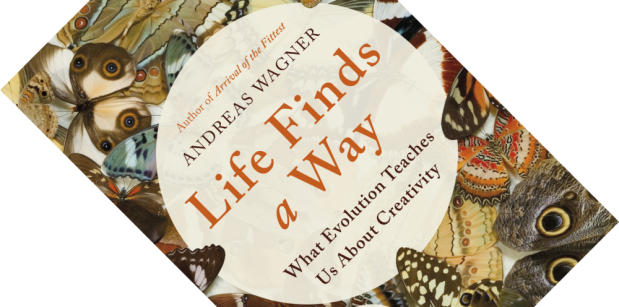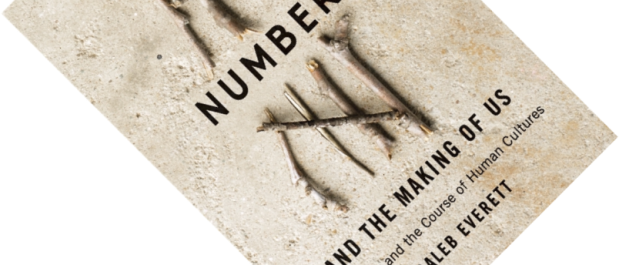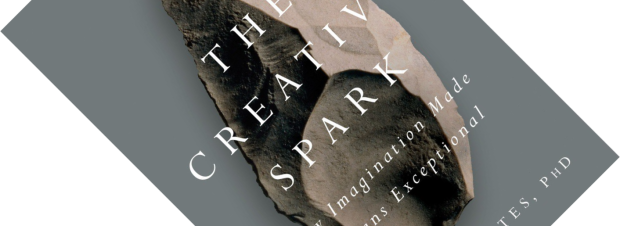Back in 2014, evolutionary biologist Andreas Wagner blew my mind. His book Arrival of the Fittest: Solving Evolution’s Greatest Puzzle gave fascinating answers to the question of where evolutionary innovations come from. I will say more about it below, but in short, there are many ways to solve a problem. But, as Life Finds a Way shows, not all solutions are equally good. To evolve from a suboptimal solution to a superior one usually involves several steps through intermediary solutions that are even worse, something that natural selection acts against. So how does evolution overcome such obstacles? And what does the answer have to do with human creativity? Can we apply these ideas further afield in education or economics? And is this book going to be as good as his last one? So many questions…
creativity
Book review – Numbers and the Making of Us: Counting and the Course of Human Cultures
What makes us human? Various authors have dished out various reasons in recently published books. From culture to cooking to creativity (see Fuentes’s The Creative Spark I reviewed previously). Caleb Everett, a professor of linguistic anthropology, here makes the point that the invention of numbers, which could be considered another instance of human creativity at work, has been an instrumental tool in allowing humans to transform the world. Without them, quantities exist, but we have only a vague awareness of them.
Book review – The Creative Spark: How Imagination Made Humans Exceptional
With his new book, The Creative Spark, Agustín Fuentes, a primatologist and anthropologist currently at the University of Notre Dame in Indiana, boldly puts forth the idea that what makes humans special is creativity. The ability of humans to switch back and forth between considering what is, and dreaming of what might be, and to then put these thoughts into actions (often collaboratively), has brought us a very long way from our primate origins to the tool-wielding, world-shaping force of nature of today. Along the way, Fuentes wants to do away with some of the dominant narratives regarding human evolution today, or rather, he thinks most of them oversimplify things and lead to distortions in our thinking. Instead, he presents a new synthesis that places creativity front and centre stage as being the most important mechanism that helped us overcome challenges.



